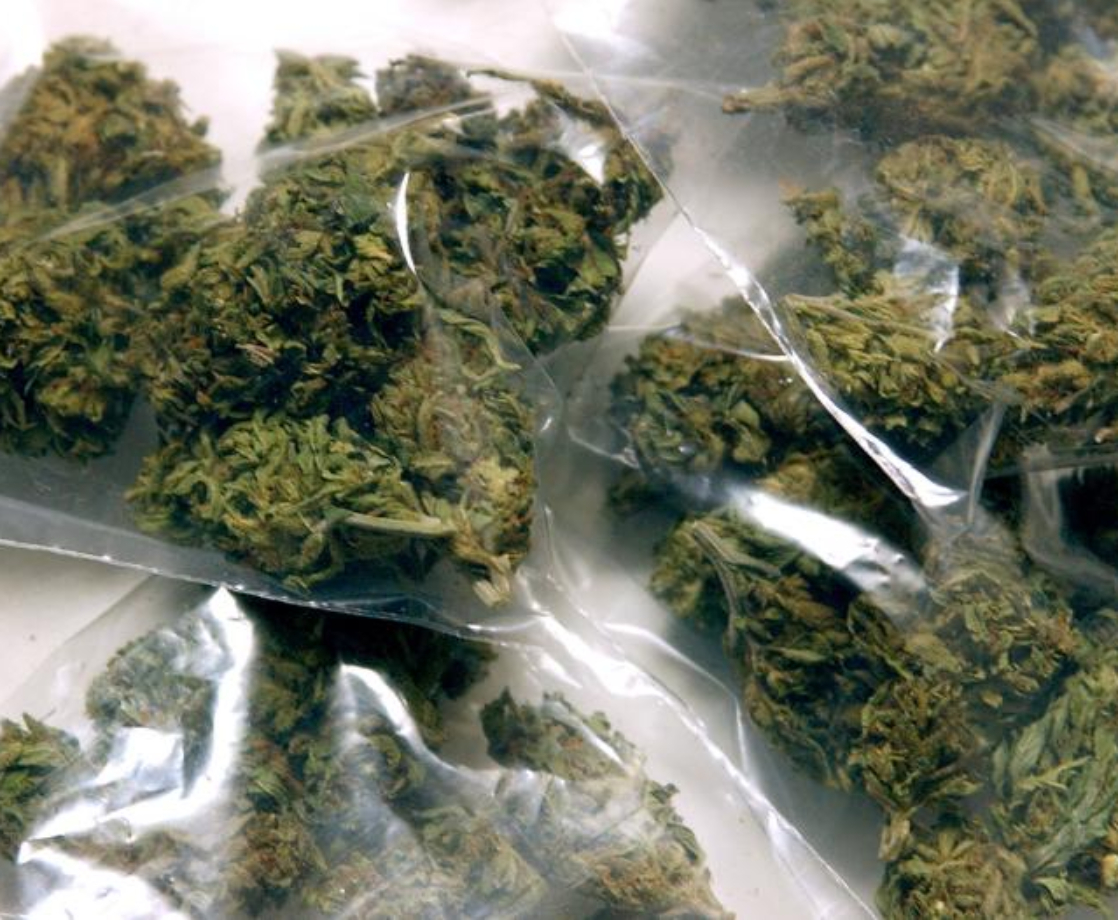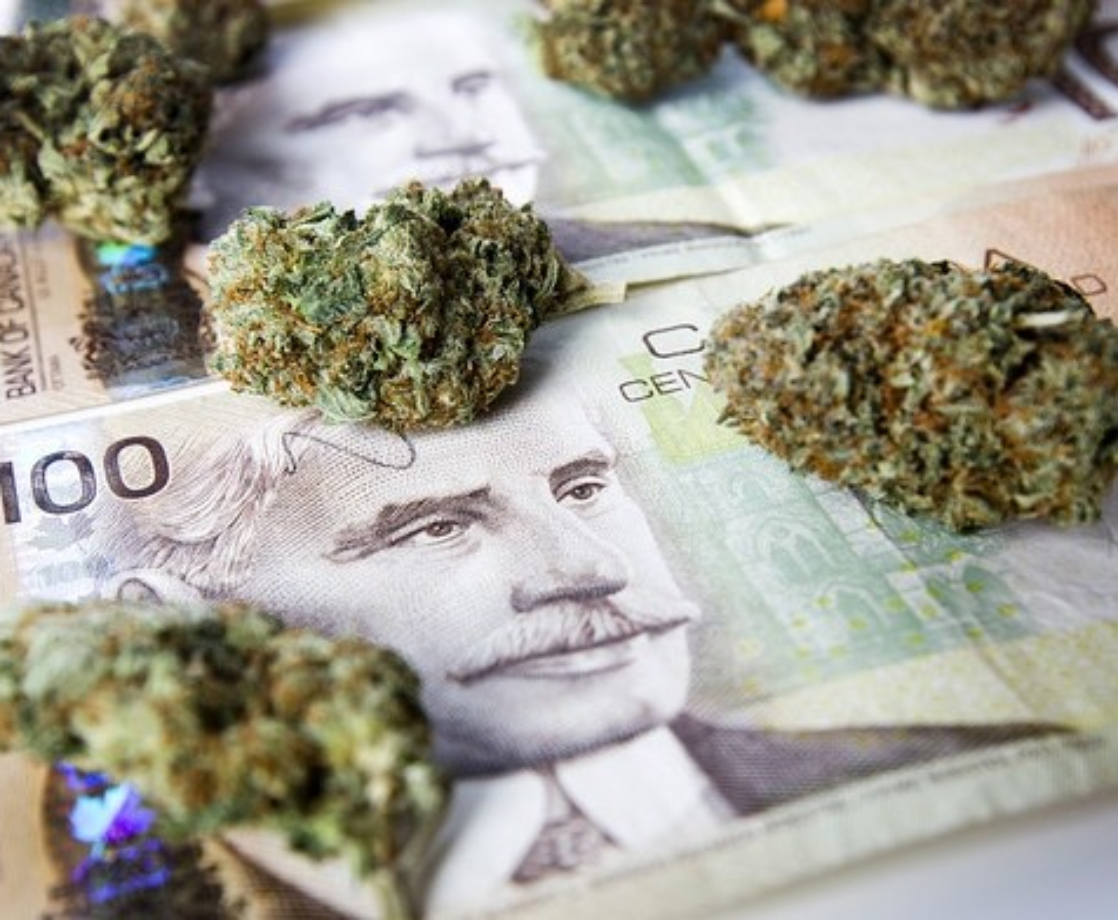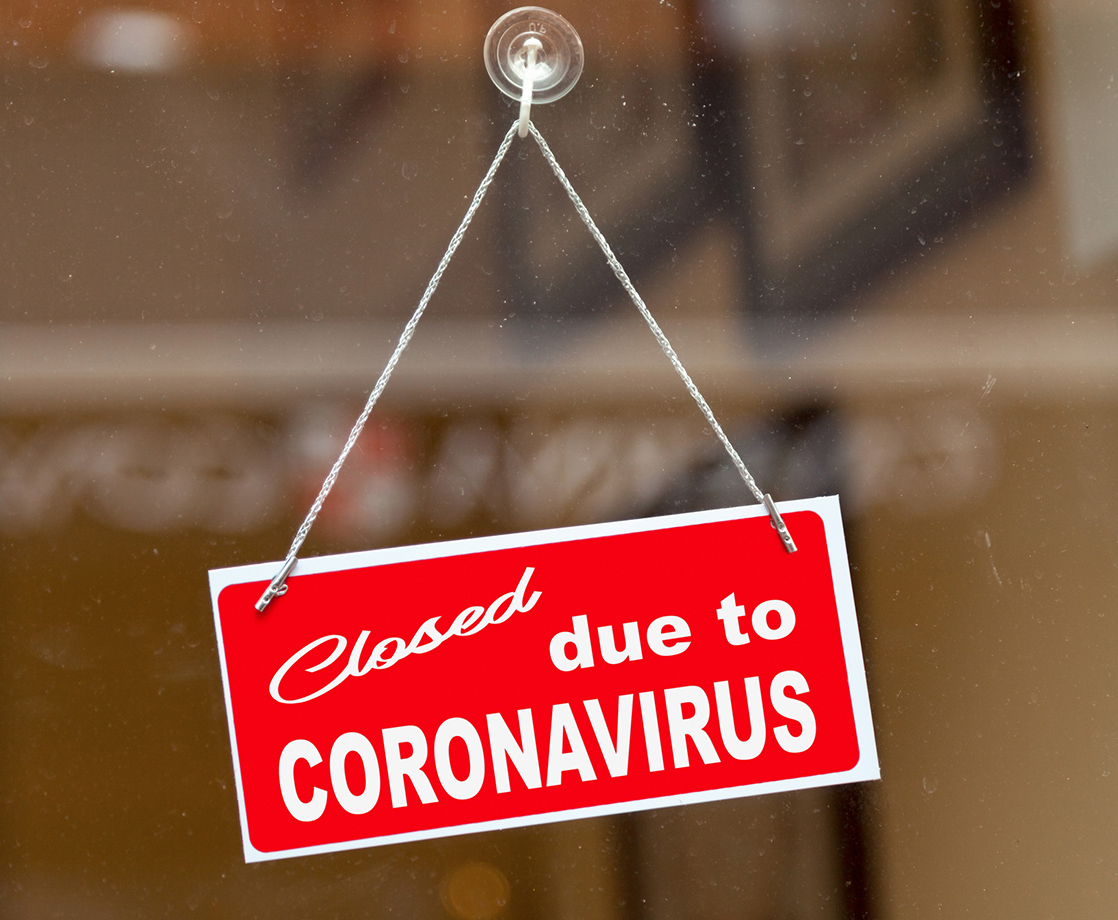This week, the Detroit City Council unanimously voted to extend a temporary ban on legal cannabis sales through March 31 in order to give the city time to create a social equity program for its new industry. In the meantime, local police are working to crack down on black market pot shops that have sprung up to meet customers’ demand for weed.
City Councilman James Tate introduced this new ordinance in order to ensure that the city’s weed industry would include a “pathway for Detroiters to be gainfully employed,” according to The Detroit News. “We have to use this legislation to identify ways to reduce the financial barriers of entry and eliminate the structural obstacles that many urban cities are seeking to resolve among communities of color,” Tate wrote in a social media post.
“It’s clear that Detroit’s medical marijuana industry is overwhelmingly owned and operated by individuals who don’t live in the city and take their dollars back to their communities,” Tate continued. “It’s critical that we take the necessary time now to ensure that Detroit’s impending recreational marijuana industry will properly reflect the demographic of the city it’s located in.”
In response, the city assembled several workgroups to find solutions to the problems facing minorities and marginalized communities that hope to start legal cannabis businesses. Officials have considered lowering application fees, creating a fund to aid with start-up costs, or offering technical assistance to minority business owners. So far, the city has yet to decide exactly what their social equity program will look like.
During the council meeting on Tuesday, local cannabis industry members argued against the delay. Cannabis attorney Matthew Abel pointed out that police have connected a recent increase in violence to black market sales. It is currently legal for any adult in Michigan to use cannabis, but Detroit residents who want to buy weed must either travel out of the city to visit a legal pot shop, or buy from the local illicit market.
“The chief of police says the illegal market is causing illegal transactions. What’s killing people is not marijuana, it’s the prohibition of marijuana,” Abel said at the meeting, according to The Detroit News. “We need consumption lounges in the city, otherwise people are going to continue to walk down the street and smoke marijuana.”
After listening to the cannabis industry’s concerns, the city council still decided to move ahead with their delay. The burden now falls on local police to investigate black market sales and violence. Earlier this month, cops busted several pot shops on the west side of Detroit that were suspected of selling weed without a license. Sources told FOX 2 News that these illegal stores were making around $100,000 a month in sales, while skirting any of the taxes and fees that a legal weed business must pay.
Police are working to control the recent upsurge in black market-related violence by cracking down on illegal firearm possession. Since last week, cops have made 19 felony arrests for illegal guns, and also seized supplies of cocaine and meth during these raids. “This effort is really to focus on the violence and buyers and sellers who are illegally carrying guns,” said Detroit Police Chief James Craig, according to the Associated Press.











